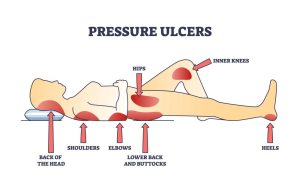 Orange County is home to hundreds of nursing homes and assisted living facilities, many operated by large multi state companies. While these facilities often appear polished and well managed, neglect frequently occurs behind the scenes. When families notice sudden decline or injury, knowing how to find a qualified nursing home neglect lawyer in Orange County becomes essential.
Orange County is home to hundreds of nursing homes and assisted living facilities, many operated by large multi state companies. While these facilities often appear polished and well managed, neglect frequently occurs behind the scenes. When families notice sudden decline or injury, knowing how to find a qualified nursing home neglect lawyer in Orange County becomes essential.
Why Orange County elder neglect cases are uniquely complex
Nursing home neglect cases in Orange County often involve sophisticated defense teams, extensive documentation, and corporate ownership structures designed to limit liability. Facilities may point to age, pre existing conditions, or unavoidable decline to deflect responsibility.
 California Nursing Home Abuse Lawyer Blog
California Nursing Home Abuse Lawyer Blog










